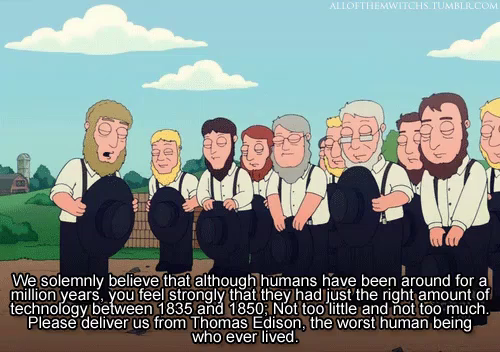(section 2 of mega-thread)
Part 4. There is no good evidence that patients want everything to be done face-to-face. In fact there is strong evidence to the contrary. Obviously, will vary between patients and according to the nature of the problem. https://twitter.com/EdTurnham/status/1311423440205811717">https://twitter.com/EdTurnham...
Part 4. There is no good evidence that patients want everything to be done face-to-face. In fact there is strong evidence to the contrary. Obviously, will vary between patients and according to the nature of the problem. https://twitter.com/EdTurnham/status/1311423440205811717">https://twitter.com/EdTurnham...
It& #39;s OK to defend the 8am telephone scramble, the 4 weeks waits, and forcing patients to take half a day off work for a straightforward problem. But be in no doubt that this does no favours for some of our most vulnerable patients.
5. It& #39;s commonly argued that GPs must keep seeing everyone F2F to allow for those & #39;and another thing& #39; moments. This argument needs much more scrutiny.
Now, I completely agree that these serendipitous moments can be hugely important. I& #39;ve had a few myself.
But must we forever turn down opportunities for huge efficiencies and improved convenience for many patients, just to allow for these moments?
But must we forever turn down opportunities for huge efficiencies and improved convenience for many patients, just to allow for these moments?
If it& #39;s so important to make that zero-hours contract worker take half a day off work for a medication review that could have been an email, why are there other patients that we GPs are happy to not see?
Why have a practice nurse? Why miss the opportunity to develop your relationship with the patient over a dressing change?
Why have a phlebotomist? If you& #39;d taken the bloods yourself, perhaps the patient would have opened up to you about their mental health.
Why have receptionists? Why not be a 1950s-style GP and have the patients queue outside your front door for their repeat prescriptions and everything else. Never miss an opportunity to build that relationship!
What about all those patients who go for years without seeing us? Why not get everyone to come in for a chat with their GP once a year?
I& #39;m being serious! How can a GP be happy not to do those things I& #39;ve listed above, and yet think that dealing with a UTI or sore throat via phone/online poses an existential threat to their profession?
It seems completely arbitrary: basically, the things a GP sees F2F must for evermore be the things that typical GPs saw F2F in the year 2019.
I can& #39;t avoid thinking of this (apologies to all those Amish twitter users):
I can& #39;t avoid thinking of this (apologies to all those Amish twitter users):
Here& #39;s an alternative that, in my estimation, would be as good at getting those hidden agendas out: let& #39;s be more efficient with our time, dealing with simple things quickly, so that we can give much more time to those who really need it.
I often spend 30-45min with a patient.
I often spend 30-45min with a patient.
CONCLUSION (at last): I completely accept that we are quite a way from the vision that I started with. It& #39;s reasonable to argue that the tech and processes are currently too clunky to yield overall improvements over the old ways. I don& #39;t have strong evidence to the contrary.
But I see no good reason to deny that this new way of working should be our future;
to believe that, unlike any other highly-paid professionals, GPs should for evermore allocate most of their time to all-comers without any triage;
to believe that, unlike any other highly-paid professionals, GPs should for evermore allocate most of their time to all-comers without any triage;
to believe that we shouldn& #39;t accommodate the wishes of the majority of patients who do not want to come to the surgery unnecessarily;
to believe that, unlike almost every other service or industry, General Practice cannot become hugely more efficient through embracing technology.
It& #39;s right to be sceptical and challenge optimistic thinking. But I think it should be clear that we can change the traditional way of working to improve efficiency, access, quality, and continuity of care for our patients.

 Read on Twitter
Read on Twitter


